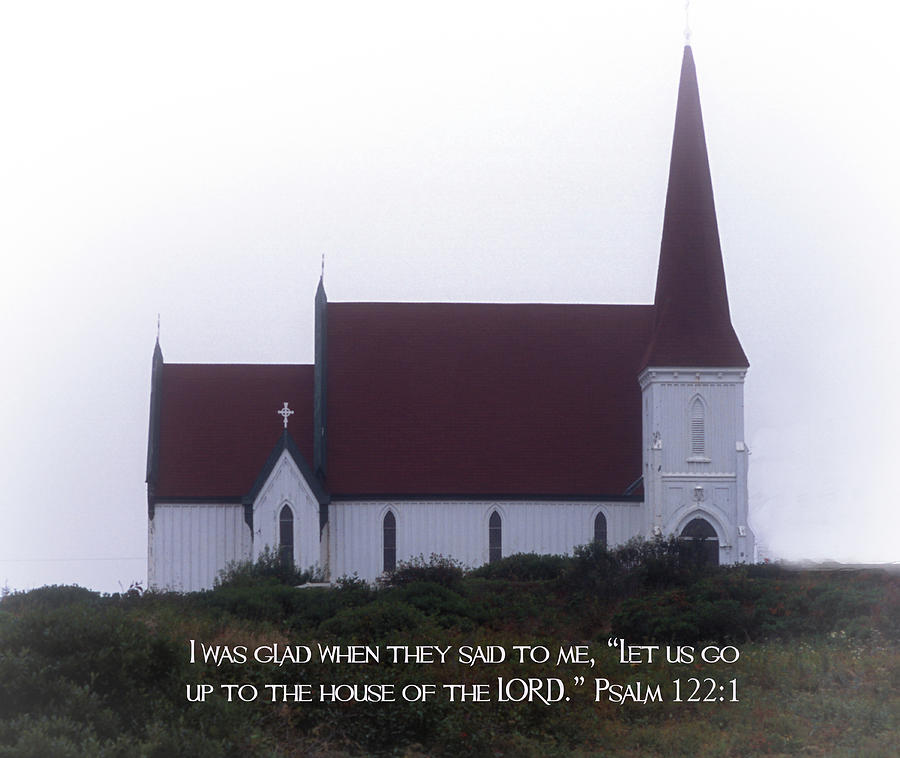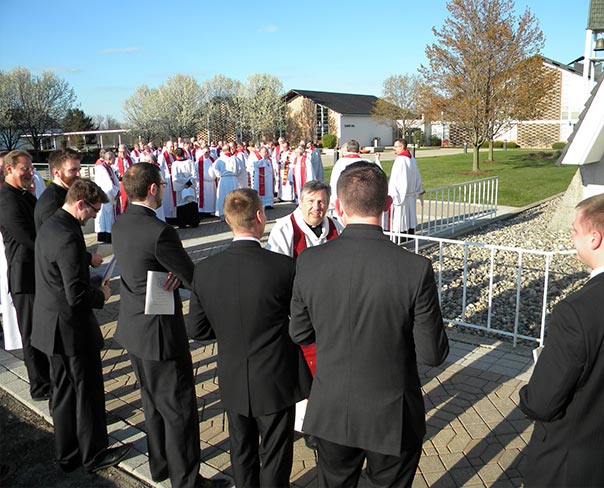The truth is that even the only on Sunday idea has changed to only on some Sundays and not all that often either. Our devotion to God apparently can be satisfactorily reduced to one Sunday out of the month. The new normal for regular attendance seems to be moving rather significantly in that direction. In the congregation I serve, the total Sunday attendance is divided up three ways. First, there are those folks who are always there and if they miss you know something is wrong. They are often on the older side but not always. We have such families in the 20s and 30s who exhibit the same profound devotion to being in the Lord's House on he Lord's Day. The next third are those who come twice a month at least and sometimes three times. It is not the same crowd on each Sunday but represents those whose hour has come on that particular Sunday. Again, this segment is made up of a variety of age groups. The last group is made up of those who attend once a month or less. This section of the attendees looks very different every Sunday. In fact, you cannot predict who these folks will be. It is always a surprise.
If you accounted for those too ill to attend, the homebound, and those who travel for work or pleasure and are out of town, we could certainly fill up nearly every seat in the nave and be forced to add another service or even two to accommodate the crowd. That is, if everyone attended every Sunday as their normal habit we would have to add services. But it is highly unlikely that will happen. In fact, the larger the congregation is, the more likely to see a big gap between membership and attendance. I had the occasion to look up a rather large parish of our church body and it listed the official numbers of some 3,000 members and an average Sunday attendance of a little more than 300. Ouch. On the other hand, it often holds true that small congregations have a higher percentage of their members in worship on a typical Sunday.
I guess what I am saying is that the future of both the frequency of attendance of those who belong and the percentage of those who belong who attend is headed in the same direction and it is not good. Though we live in a time when we have more personal and leisure time than at any other point in history, Sunday is the only day for worship but not only for worship and not even primarily so -- remember, I am talking about Christian people who belong to a church! Rome has holy days of obligation and yet its percentage of members in worship is hardly better and typically worse than most Lutheran congregations (though not quite as bad, perhaps, as the congregation I named above!). It is not a rule that needs to be fixed but hearts so that they may desire being in God's house, receiving His gifts, and responding with thanks and praise. Apparently we are not all or always glad when they said to me, I will go to the House of the Lord. Again, this is not a complaint about a statistic but the spiritual health and welfare of those who by their own claim insist that they belong to the Lord.

















:max_bytes(150000):strip_icc()/Getty_circular_reasoning-126290811-5787344f3df78c1e1f12c855.jpg)
